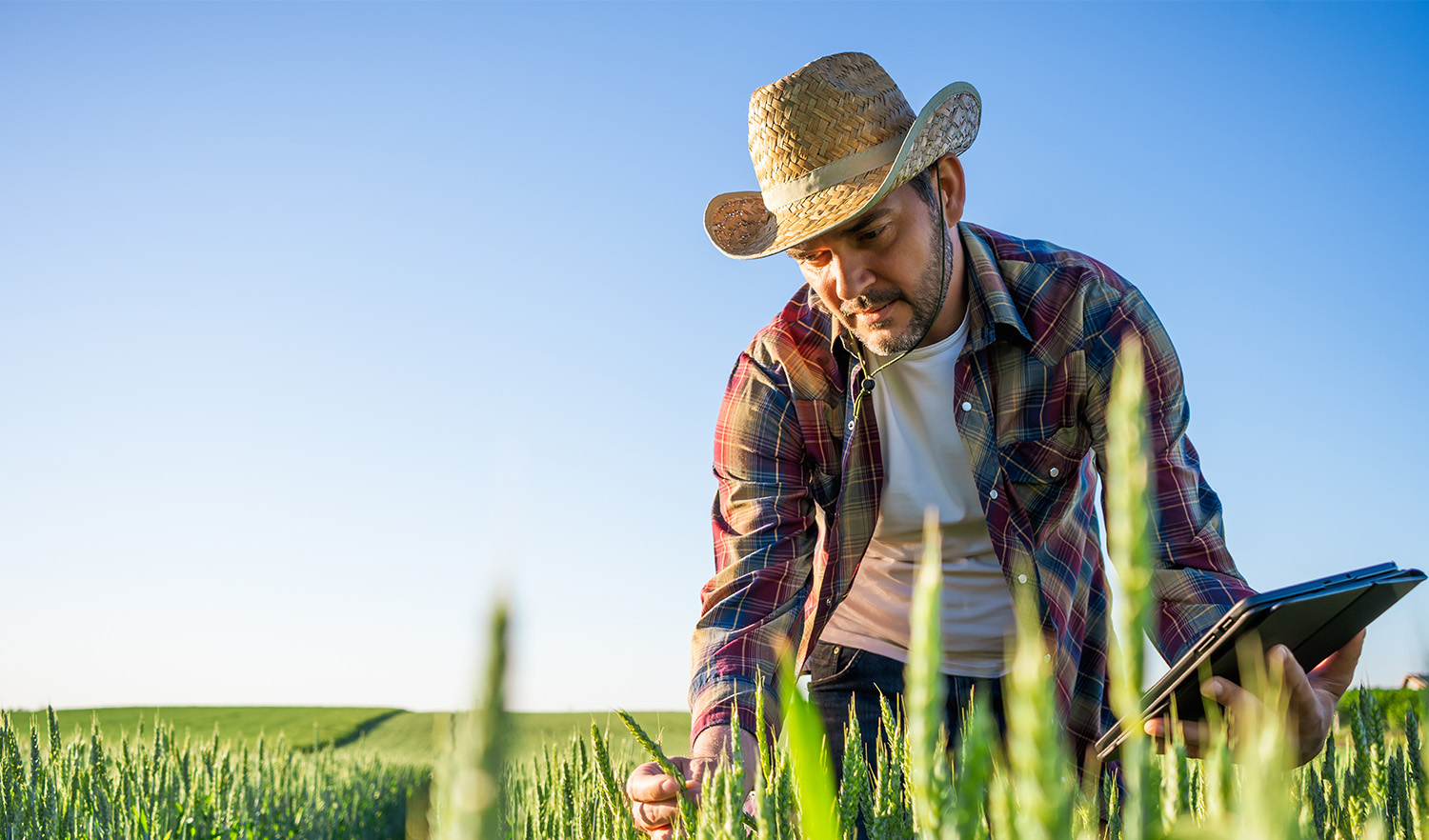Blog /
Canada Has What the World Wants and Needs: Key Takeaways from Our Food Supply Executive Summit
Canada Has What the World Wants and Needs: Key Takeaways from Our Food Supply Executive Summit
With food insecurity rising globally, it is incumbent on Canada to step up to the plate and fill the gap.

Agriculture, for Canada, is a huge advantage. We grow more than we consume. We can be a real player in that market, but we’re not quite at the point where we’re able to take advantage of it.
Steve Verheul, Canada’s former Chief Trade Negotiator

On October 25, officials and industry experts gathered virtually for the Canadian Chamber of Commerce’s Food Supply Executive Summit to discuss a strategic vision for Canada’s agri-food sector. One that will allow Canada to navigate a more intricate global trading environment and strengthen the critical trade infrastructure the sector relies on to bring its goods to international markets.
The event was kicked off with remarks from Minister of Agriculture and Agri-Food Lawrence MacAulay, in which he stressed the importance of the agri-food sector for our collective prosperity. This was followed up by an insightful fireside chat with Steve Verheul, Canada’s former Chief Trade Negotiator, that focused on the importance of having a bold and coordinated national strategy for the sector. The event was capped off with a panel discussion on improving the transportation infrastructure that brings our agri-food products to global markets, featuring senior leaders from Canada’s four largest ports — Vancouver, Montreal, Halifax and Prince Rupert.
Here are some key takeaways from these insightful sessions:

Agriculture Is a Natural Advantage for Canada
Canada is one the few countries with an export-oriented agriculture industry. With food insecurity rising globally, it is incumbent on us to step up to the plate and fill the gap, while contributing to the prosperity of communities across the country and growing our economy. But we can only seize this opportunity if we choose to act now with a strategic vision for the agri-food sector that unleashes its full economic potential and is marked by a strong commitment from government and public-private sector collaboration.

Sustainability Is a Challenge and an Opportunity
At the same time as countries around the world are setting ambitious sustainability objectives, we must continue to increase agricultural productivity by leaps and bounds to keep up with demand. Luckily, Canada’s agri-food industry is already one of the most productive and sustainable in the world. With smart policies and continued investment in cutting-edge innovation, Canadian agri-food can continue to lead the fight on climate change while growing output and feeding the global population.

Agriculture Is a Strategic Lever
Protectionism, the United States’ Inflation Reduction Act, industrial strategy, the return of great power competition — these are a few recent trends that threaten to upend the rules-based trading system and have already created a more delicate geopolitical environment. One constant, however, is that the world will always need food — which Canada can supply. In addition to contributing to our economic prosperity, Canada can use agri-food to increase its global influence and to help navigate a more fragmented world.

Coordinated Infrastructure Strategy
The growth of Canada’s agri-food industry is largely dependent on our ability to move goods efficiently and reliably to international markets. If we can’t move our goods to market — whether that’s wheat, canola or potash — we can’t sell it. And for too long, Canada has neglected to develop a coordinated, long-term infrastructure investment strategy. The new Supply Chain Office can address this by acting as the coordinating body for infrastructure investment in Canada. It should also foster collaboration between the various segments of our transportation infrastructure.

Reducing Barriers to Investment
Private capital can be a driver of infrastructure development in Canada. However, we need to address known barriers such as lengthy regulatory approval processes and improve on the metrics tracked by investors globally. Encouraging data sharing and addressing labour shortages will also go a long way in improving the efficiency of our trade infrastructure and making Canada more attractive to investors.

Our Reputation is Critical
Canada’s customers have long memories when it comes to service disruptions in our supply chains. We need to be able to assure them that we can reliably deliver the services they need and that we’re not a bottleneck.
Thank you to our Executive Summit speakers and Council members for sharing your expertise and passion for this vital sector. To learn more about the Food Supply Council’s advocacy activities, visit our Food Supply Council page.
2023 Executive Summit Series
Our Executive Summit Series gives us the opportunity to take a deep dive into issues our political leaders need to consider to ensure public policies drive business success.
Each event will ignite insightful conversations with some of Canada’s most influential business leaders and government officials, as we strive to meet our biggest challenges: the future of people, technology, trade and climate. To register for an upcoming Executive Summit Series event please click here.
Thank You to Our Excellence Level Sponsors

Related News

Employee Education is a Critical Defence Against Cyber Attacks

How Your Organization Can Quantify and Reduce Your Cyber Risk




